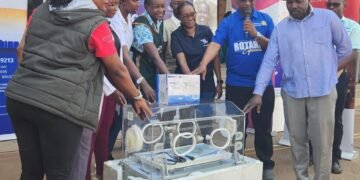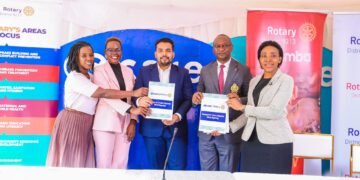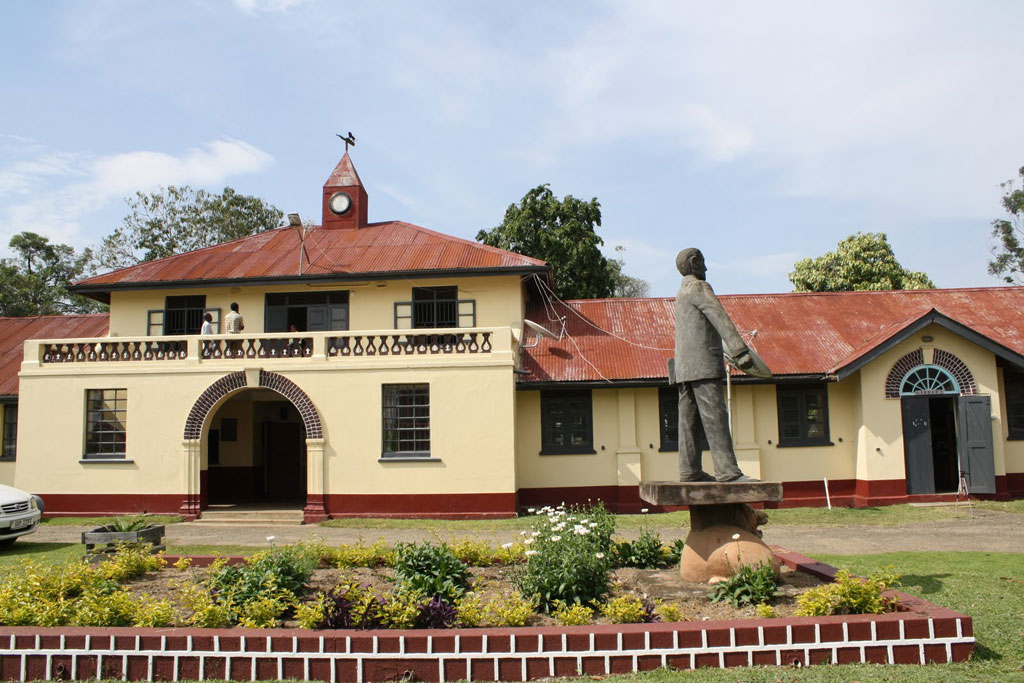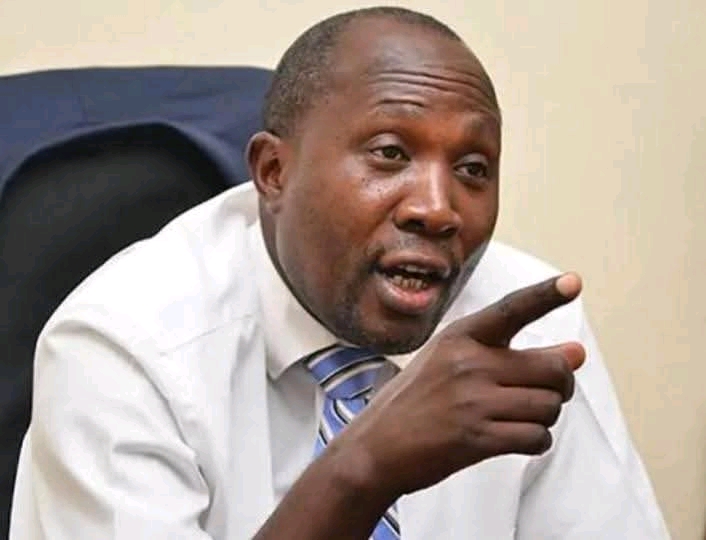As a result of a relationship with the United States, Uganda has begun to reap the rewards in the form of more transparency in the administration of public medications and medical supplies.
The U.S. government assisted NMS in creating a robust and contemporary health supply chain system, which has given the government organization the ability to successfully manage its medical supply procurement, storage, and delivery.
Natalie Brown, the U.S. ambassador to Uganda, declares that Washington is dedicated to bolstering and upgrading NMS’s purchase, storage, and delivery of medical supplies.
The NMS+ Enterprise Resource Planning, or ERP, information technology system was established and operationalized with a large financial investment by the US government, according to Natalie.
At the 2022 opening of the NMS warehouse in Kajjansi, Natalie stated, “This system will increase efficiency in the areas of procurement, warehousing, and distribution and will offer critical information on financial and human resource operations at NMS.”
The ERP system, according to the Ambassador, “will lessen human error from a paper-based system, enable the NMS to instantly accept orders electronically, guarantee that facilities are sufficiently supplied with the right commodities at the right time, and help to limit pilferage.”
According to the Inspector General of Government, corruption and vice cost Uganda Shs 25 million a day, depriving its citizens of essential services including access to medical care and medication.
Additionally, local governments and healthcare facilities in Uganda are receiving training from the US government on how to manage the public health supply chain and guarantee the ongoing availability of crucial drugs that save lives.
As part of our attempts to digitize the supply chain throughout the nation, we purchased, distributed, and placed 535 computers at 350 Uganda health facilities in the previous year, according to Brown.
In addition to the use of sophisticated technologies, authorities and communities must maintain public vigilance to prevent the theft of medications from public health institutions.
Dr. Ayume urged Parliamentarians and local officials to monitor NMS supply schedules and patient reports, stating that in addition to implementing NMS+, the main cause of theft should be addressed.

















